 Zelus Recovery is a leading provider of addiction therapy programs in Idaho. Our team of certified professionals is committed to providing accessible treatment that addresses both physical and psychological aspects of substance use disorders (SUDs). We treat our adult and teen patients by utilizing evidence-based therapies that are holistic and prioritize family involvement. Our therapy approach is centered on healing the whole person—mind, body, and spirit. We believe that by addressing all aspects of an individual’s life, we can help them achieve long-lasting recovery.
Zelus Recovery is a leading provider of addiction therapy programs in Idaho. Our team of certified professionals is committed to providing accessible treatment that addresses both physical and psychological aspects of substance use disorders (SUDs). We treat our adult and teen patients by utilizing evidence-based therapies that are holistic and prioritize family involvement. Our therapy approach is centered on healing the whole person—mind, body, and spirit. We believe that by addressing all aspects of an individual’s life, we can help them achieve long-lasting recovery.
Contact us today at 208.518.0797 to learn more about the different addiction therapy programs we provide. By healing the whole person, we help our patients reclaim their lives.
What Is Addiction Therapy?
Addiction therapy is a type of treatment that involves different techniques designed to help individuals struggling with substance use disorders gain control over their addictions. It addresses the root causes of addiction—such as lack of self-esteem, poor coping skills, environmental stressors, or underlying mental health issues.
At Zelus Recovery, we offer a range of addiction therapy programs tailored to meet each patient’s individual needs. Some of our offered programs include:
- Acceptance and commitment therapy (ACT) – This approach helps individuals to take action towards long-term goals. This is done through identifying core values and developing healthy habits.
- Anger management – Anger management focuses on understanding and controlling anger. It involves helping individuals identify triggers and developing strategies to manage their emotions effectively.
- Cognitive-behavioral therapy (CBT) – This technique allows the patient to learn how their thoughts influence their behavior and how to gain control over it by changing negative thought patterns into positive ones.
- Dialectical behavior therapy (DBT) – This therapy focuses on helping individuals regulate their emotions and manage stress. It also teaches cognitive skills to help them develop healthier relationships with people around them.
- Eye movement desensitization and reprocessing (EMDR) therapy – EMDR helps reduce the effects of traumatic memories and allows individuals to manage their emotions. It also helps them to cope better with stressful situations.
- Medication-assisted treatment (MAT) – This approach involves using medications to help individuals manage their withdrawal symptoms and cravings. MAT is especially beneficial in treating severe cases of addiction.
Each addiction therapy program offered at Zelus Recovery is designed to help patients understand and heal from the underlying causes of their substance use disorders. We help people identify triggers for substance use, develop healthy coping skills for stressors, learn to manage emotions, and develop the skills needed for long-term recovery. By providing therapies in an environment of safety and support, we help our patients achieve lasting sobriety.
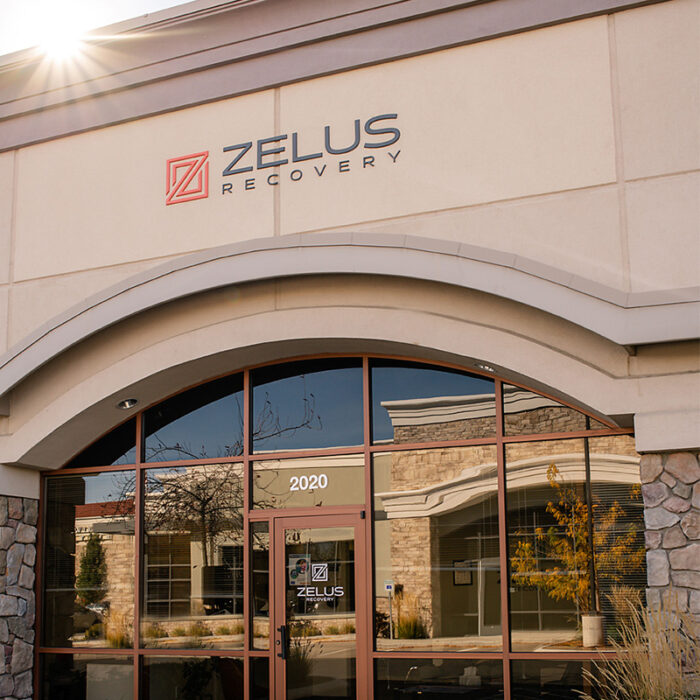
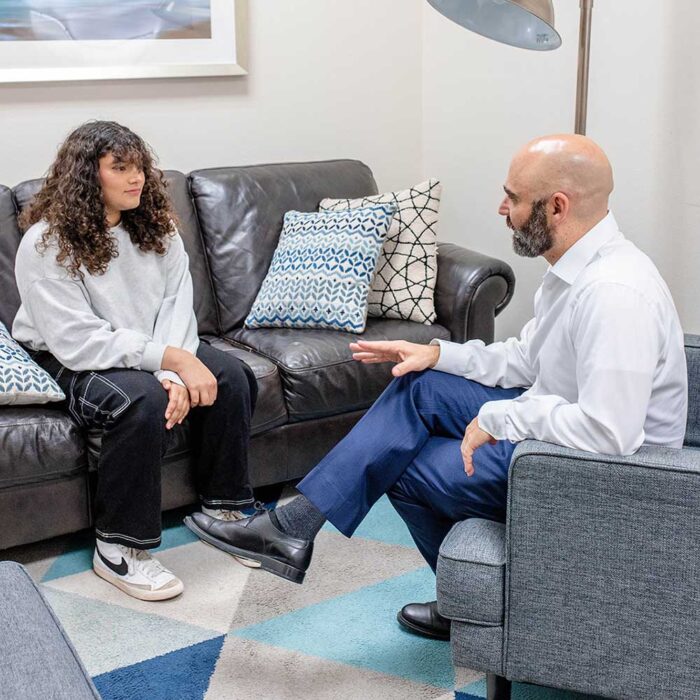

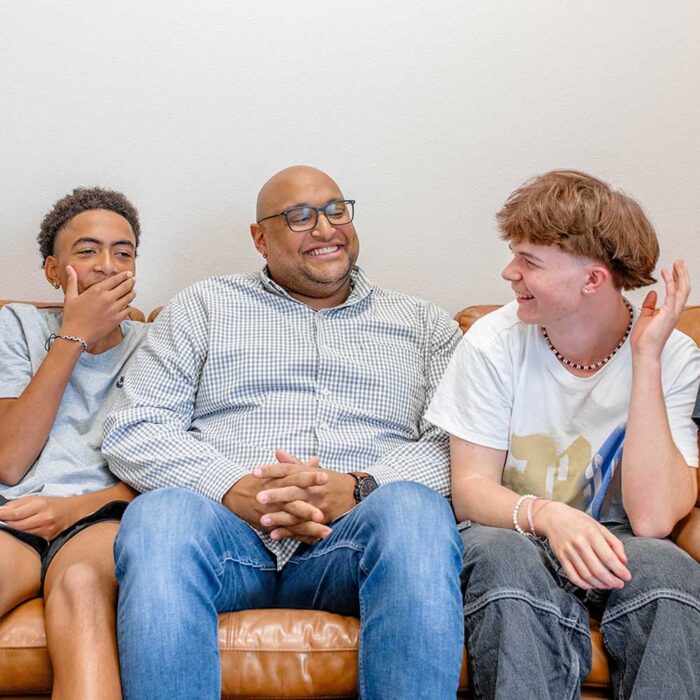
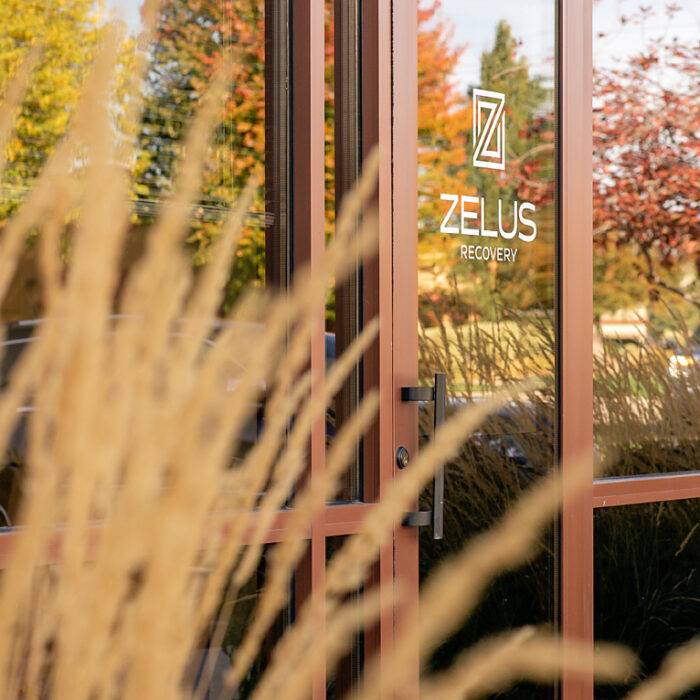
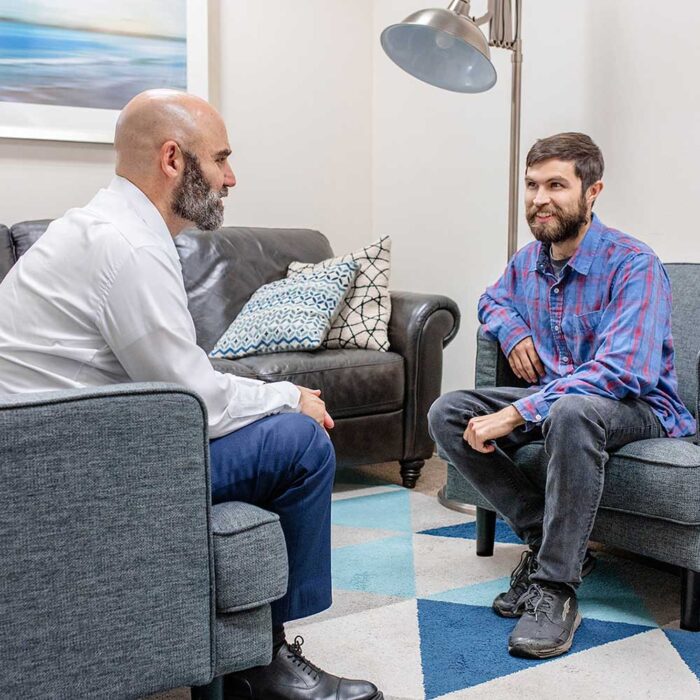
Holistic Approach
How Does Addiction Therapy Work with Our Addiction Treatment in Idaho?
Enroll in an Addiction Therapy Program at Zelus Recovery
The Zelus Recovery addiction treatment staff understands that the journey to recovery is not always easy and takes commitment and hard work. If you or someone you love is struggling with addiction in Idaho, contact our caring and compassionate team today at 208.518.0797 to learn more about our addiction therapy programs. Our team is here to help you or your loved one find a way back home and get on the path to a better, healthier life.




